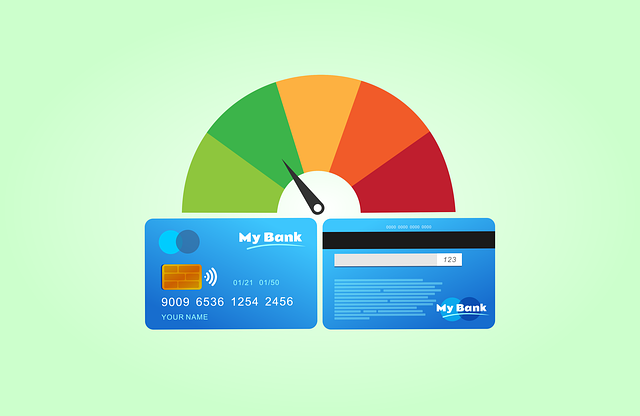Credit limits are the amount of money that you can borrow from a lender. Credit limits are different for every type of loan and vary depending on the borrower’s credit history and other factors.
This is an important concept to define when you’re applying for a loan. If you don’t have a credit limit, your credit score is not calculated, so you must know what your credit score is before applying for a loan or any other type of financial product.
Credit limits are also called borrowing capacity or borrowing power.
How credit limits work
Credit limits are often confusing to understand and it is hard to know how much you can borrow.
Credit limits are the maximum amount of credit that a lender will provide. This limit is determined by the type of loan, the lender, and your credit score. It’s possible to have different types of credit limits, depending on what type of loan you’re applying for.
The most common type of credit limit is called a revolving line of credit or a line of credit, which means that you can borrow up to your limit in any amount at any time without having to ask for permission from the lender.
Things you need to know about your credit limit
The credit limit is a term used when talking about the amount of money that you can borrow from a bank. It is also known as a credit line. Most people don’t know the credit limit on their cards. This is because they don’t pay attention to their monthly statement or they just don’t care about what’s on it. So, what are the things you need to know about your credit limit?
• Credit Limit: This is the maximum amount of money that you can borrow from a bank.
• Credit Line: This is the maximum amount of money that you can borrow from any lender, like your parents or a friend who has good credit history with them.
• Credit History: The length of time it takes for lenders to approve your loan request and the number of loans they have already approved for you are all part of your credit history which will be checked by lenders before approving new loans for you.
• Your credit limit is determined by your card issuer, not by your bank
• Your credit limit may be different depending on the type of card you have
• Some banks will increase your credit limit if you maintain a healthy balance and pay on time
• If you have a card with a low credit limit, then it’s best to transfer your balance to a different card with a higher one.
How can you raise your credit limit?
The credit card industry is a lucrative one. If you are looking to raise your credit limit, then you can do so by following these steps:
• Keep track of all your payments and bills on a spreadsheet or calendar.
• Make sure that you pay your bills on time and in full.
• Keep an eye on the number of available credit cards in your name.
• Build up your savings so that you can use them as collateral for a new loan.
There are a lot more ways to raise your credit limit. Some of the most common ways are by paying off your balance, getting a credit card with a higher limit, or transferring balances from other cards.
If you have a credit card with a low limit, it might be time to switch cards. Credit limits can vary depending on the type of card and the issuer.
What happens if you don’t pay off your credit card bill?
If you don’t pay off your credit card bill, you could be charged a late fee. In addition to this, other consequences come with not paying off your credit card bill.
If you don’t pay off your credit card bill, the interest could get so high that it’s difficult to keep up with the payments. Your APR (annual percentage rate) will also increase, making it harder for you to afford purchases in the future. If this happens, contact your bank or credit card company and try to negotiate a lower payment plan or lower interest rates.
If you’re not sure what happens if you don’t pay off your credit card bill, it’s best to make sure that you’re aware of the consequences before they happen
Conclusion
Credit limits are the maximum amount of debt that a person or business can have at any given time. They are typically calculated based on a person’s income and the amount of debt they have.
Credit limits are there to protect consumers from over-indebtedness. They also help people to manage their finances and prevent them from incurring too much debt. However, credit limits can be increased if you feel like you need more money in your account. And if you want more to finance your business or your lifestyle.



